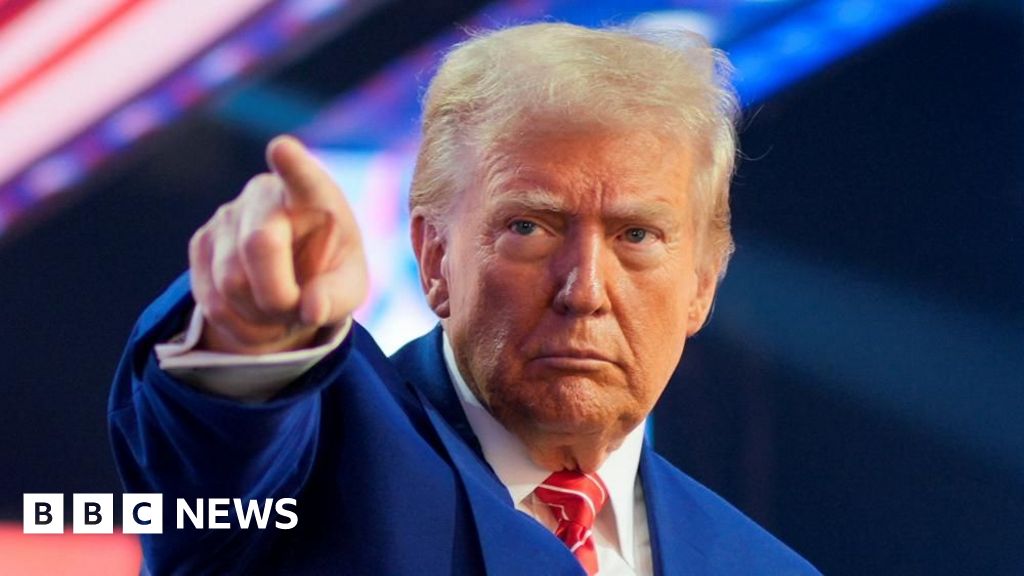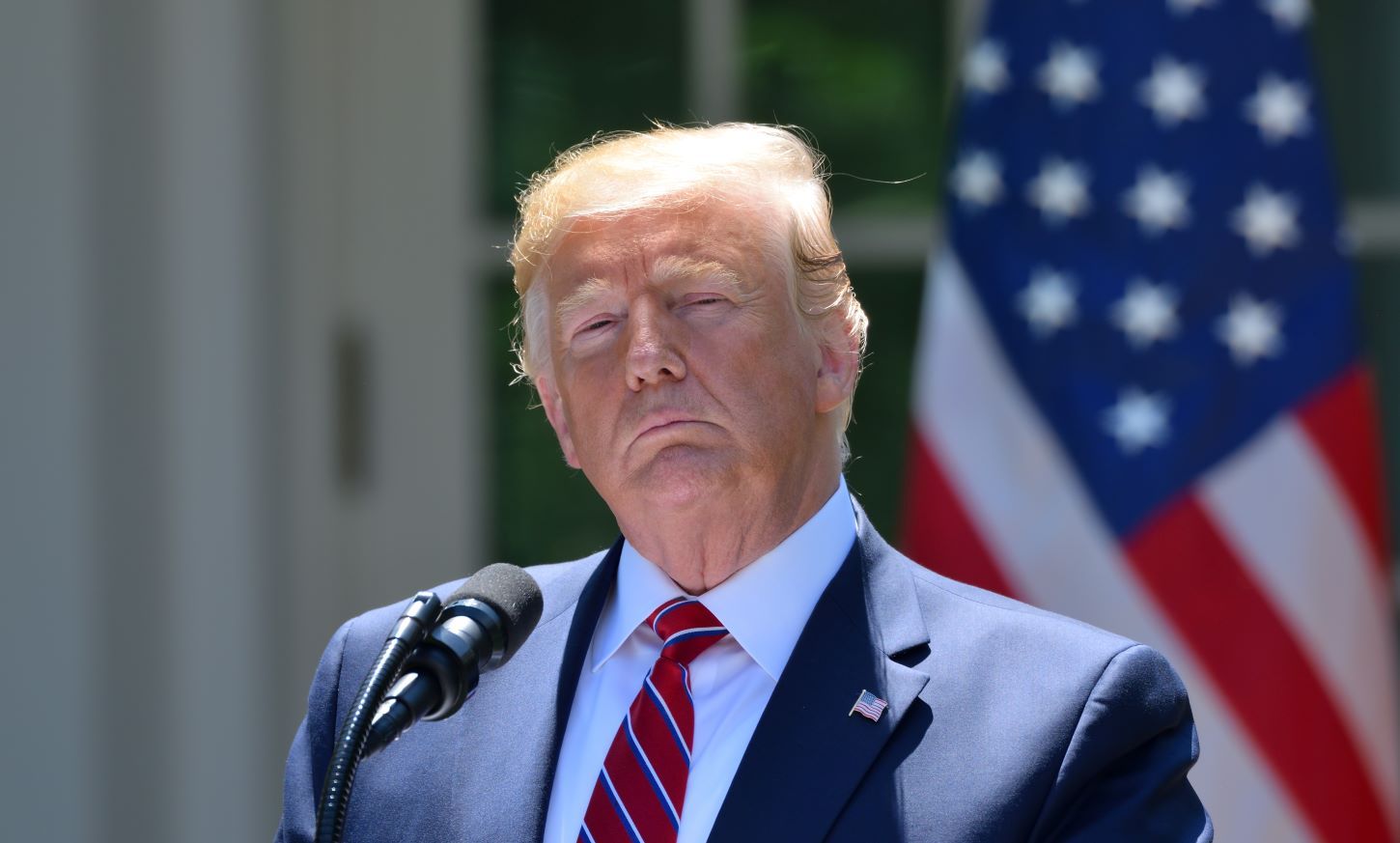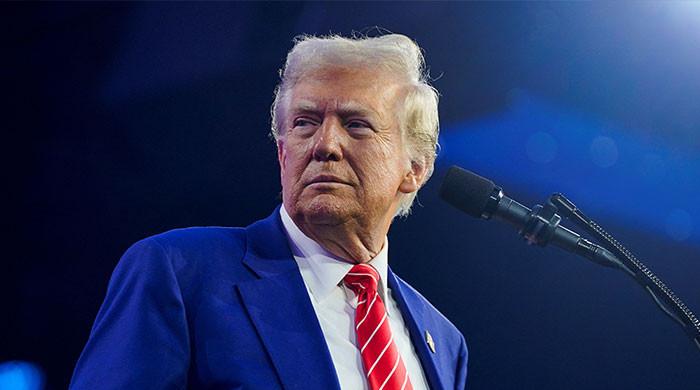1734899716-0/image-(15)1734899716-0.jpg)
ISLAMABAD:
This month, the US Bureau of Industry and Security revealed a new package of strategic export controls on 140 Chinese companies, driven by a fear that the Chinese army could use artificial intelligence (AI) in automated identification and targeting of human subjects.
The regulatory measures and export controls apply to high-bandwidth AI memory chips, software for chip design and development, as well as equipment used in semiconductor manufacturing. Specifically, this move from the Biden-Harris administration aims to deter China from developing state-of-the-art AI weapons, similar to those recently utilised by Ukraine and Israel.
In response, Beijing has announced a ban on exporting rare earth metals and other high-tech materials such as gallium, germanium, and antimony, crucial for US military projects, including the production of F-35s.
Gallium is the key element used in high-performance memory chips that Washington was trying to prevent Chinese access to in the first place. It is estimated that the unavailability of gallium and germanium alone could disrupt US supply chains by as much as $3 billion.
Interestingly, China’s customs data reveals that no gallium or germanium shipments were exported to the US this year, even before the ban’s formal announcement.
Historically, China, with more than 90% of global production, has a monopoly in the supply of rare earth metals and has used its dominance as a geostrategic weapon in trade wars.
But since Beijing imposed quotas on the US in 2009 regarding rare earths, Washington has formed a “Minerals Security Partnership” with more than a dozen countries, including Australia, Japan, and the EU.
Though the US has sufficient deposits of rare earths, it has not been mining them due to earlier environmental concerns. Now, due to the strategic importance of rare earth minerals, Washington has resumed domestic production in Alaska, Montana, Nevada, and Minnesota.
The US Department of Defence, inspired by Japan’s method of extracting gallium from scrap materials, has started recycling programmes to recover germanium from obsolete night vision modules and glass panes of tanks.
In August 2024, the Biden administration modified the Foreign Direct Product Rule to stop exports of semiconductor manufacturing equipment from foreign countries to Chinese fabs.
The Foreign Direct Product Rule states that if a chip is made using American technology, the US government can stop it from being sold, including other products made using that chip in a foreign country. This policy coerced countries like Singapore and Taiwan into not supplying to Chinese manufacturers.
Last year, the US also signed separate deals with Japan and the Netherlands to restrict semiconductor manufacturing technology to China and to ensure that its imposed export control mechanisms work in tandem with those of its partners.
This is important as the 140 companies banned this month also included Chinese-owned businesses based in Japan, South Korea, and Singapore.
On similar lines to the US’s Foreign Direct Product Rule, this time Beijing extended its ban on exporting Chinese rare earths to the US by making it applicable to all countries, corporations, and individuals. Earlier, China required exporters to apply for licences to send materials such as gallium and germanium to the US.
China has also started to double down on various US companies and has initiated antitrust probes into chipmaker Nvidia on account of violations of Chinese antitrust laws, as well as other irregularities in the acquisition of Israeli companies.
Nvidia has been releasing modified versions for the Chinese market in compliance with US export control sanctions of 2022 and 2023.
This “weaponisation” of trade and a lack of intervention from the WTO have had a wide impact on supply chains and allied industries, especially in the electric vehicle (EV) sector. Tightened controls on graphite exports by China have affected EV manufacturing schedules and costs.
Meanwhile, the EV sector in China is seeing massive capacity expansion, but a 100% tariff levied by the US on Chinese EVs means that American consumers will miss out on the cheaper EV tide.
An exception to the US-China trade wars is Beijing’s unique relationship with Tesla. Tesla was the first foreign company to set up a factory in Shanghai without signing a joint venture with Chinese state-owned companies.
Moreover, it received maximum incentives from Beijing, including cheap financing from Chinese state banks, a special 15% tax rate, and very reasonable lease terms for its factories.
Amid the extensive trade wars between the two giants, Elon Musk is in a unique position where he can play a role in easing trade restrictions between the two countries.
Tesla has demonstrated to the West and to the US a new investment model in China that doesn’t involve explicit technology transfer – something that has been of grave concern for the US administration. It has shown that, amid the technological race over critical technologies, there is still room for collaboration on emerging technologies.
However, as of now, rolling back trade restrictions to pre-2008 levels is by no means an easy feat, albeit not an impossible one.
THE WRITER IS A CAMBRIDGE GRADUATE AND IS WORKING AS A STRATEGY CONSULTANT










